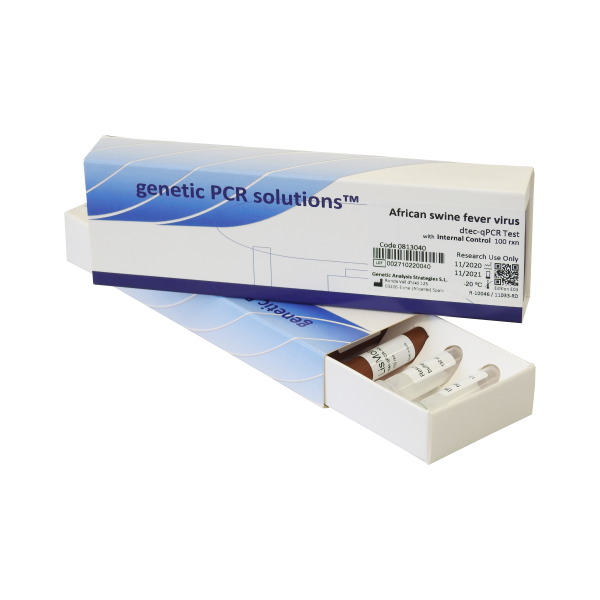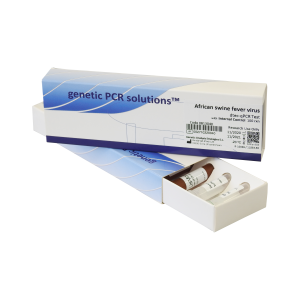
Mycoplasmas Contagious Agalactia
Description
The Myc-CA-Panel-4 comprises a series of species-specific targeted reagents designed for detection of four species of Mycoplasma (M. agalactiae, M. mycoides, M. capricolum and M. putrefaciens) by using qPCR. Contagious agalactia is a mycoplasmal disease of sheep and goats that can cause serious economic losses from mastitis, polyarthritis and keratoconjunctivitis. In lambs and kids, losses due to septicemia and pneumonia can be high. Some outbreaks may affect most of the animals on a farm. Contagious agalactia is classically caused by infection with Mycoplasma agalactiae, but M. capricolum, M. putrefaciens and M. mycoides subsp. capri can also cause this disease. Infected animals shed the microorganisms in urine, feces, nasal and ocular discharges, and secretions including milk.Animals become infected by ingestion or inhalation of bodily fluids.
Contagious agalactia has been reported in many parts of the world. Disease is particularly common in the Mediterranean region of Europe, Asia and North Africa. Although contagious agalactia has been eradicated from some countries, it may be difficult to control where it is widespread.
Registration Certifcicate in the Ministry of Agriculture, Fisheries and Food of Spain (MAPA)
Kit Content and Prices
GPS™ primers and probes are sold for research use only
All GPS™ Kits are available in F100 and MONODOSE Format
GPS™ reagents are compatible with all qPCR devices


